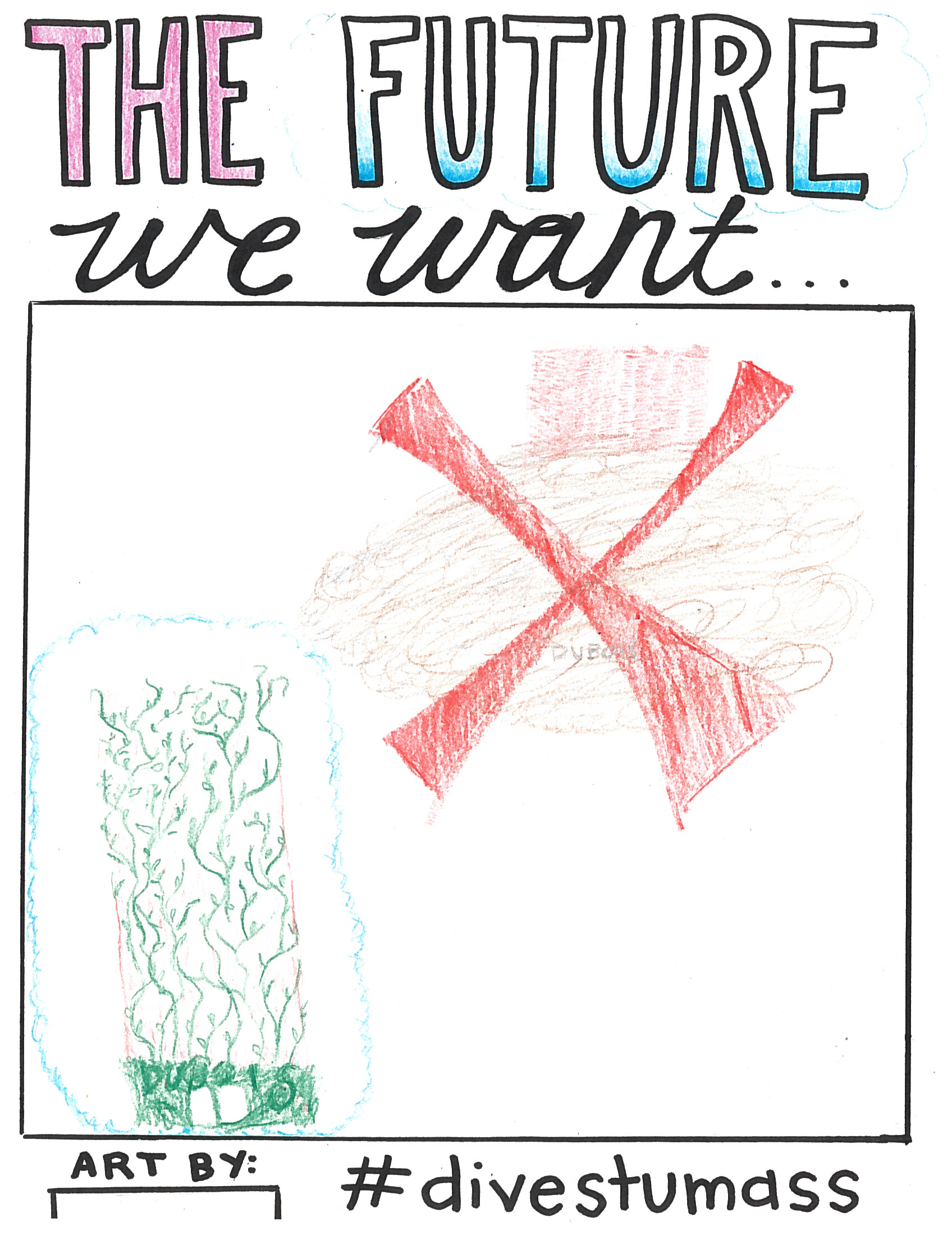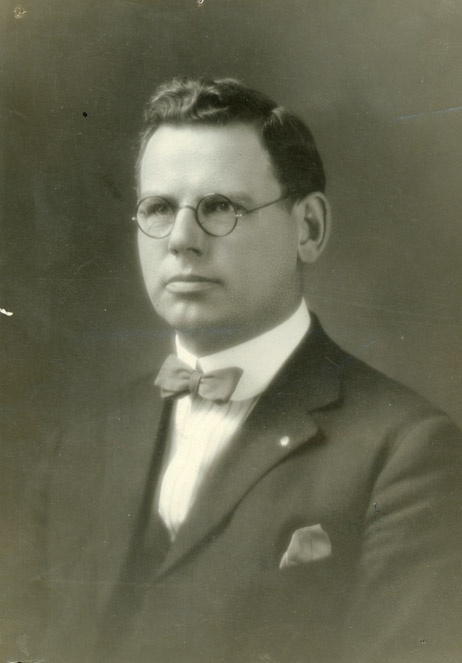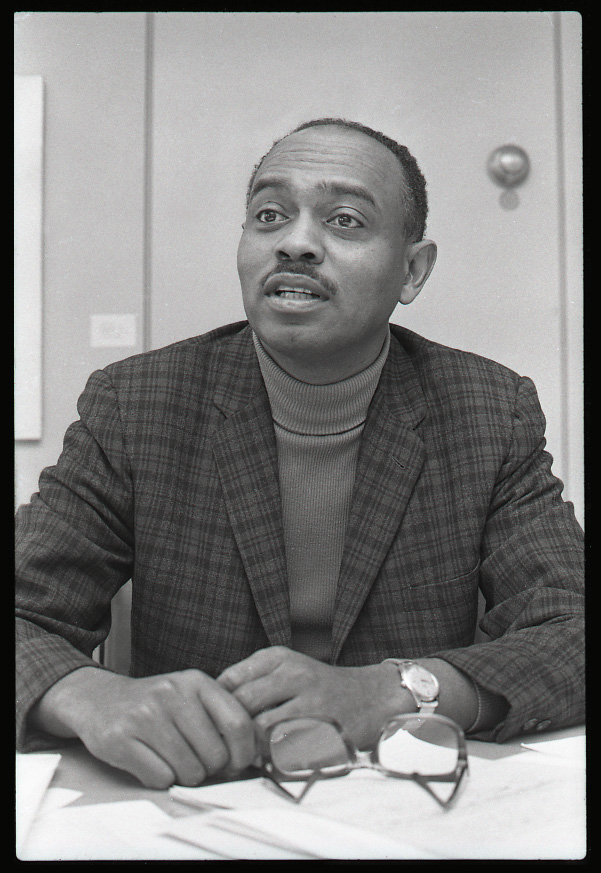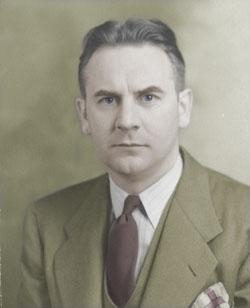Gordon Francis Sutton Papers
Temporarily stored offsite; contact SCUA to request materials from this collection.
Gordon Francis Sutton (1928-2012) began his tenure at the University of Massachusetts Amherst as an Assistant Professor of Sociology. Sutton was later appointed to serve as the Director of the Population and Ecology Studies Program. With an interest in social policy, Sutton’s work focused on evaluating statistical classification systems of metropolitan and non-metropolitan areas. His dissertation on travel patterns in urban communities earned him a PhD in Sociology from the University of Michigan Ann Arbor in 1959. In 1997 Sutton’s son Matthew created the Gordon and Dolores Sutton Scholarship Fund at UMass Amherst to promote ethnic diversity and economic opportunity.
The Sutton Papers contain a wealth of material relating to Sutton’s research in urban sociology, social statistics, and demography.





